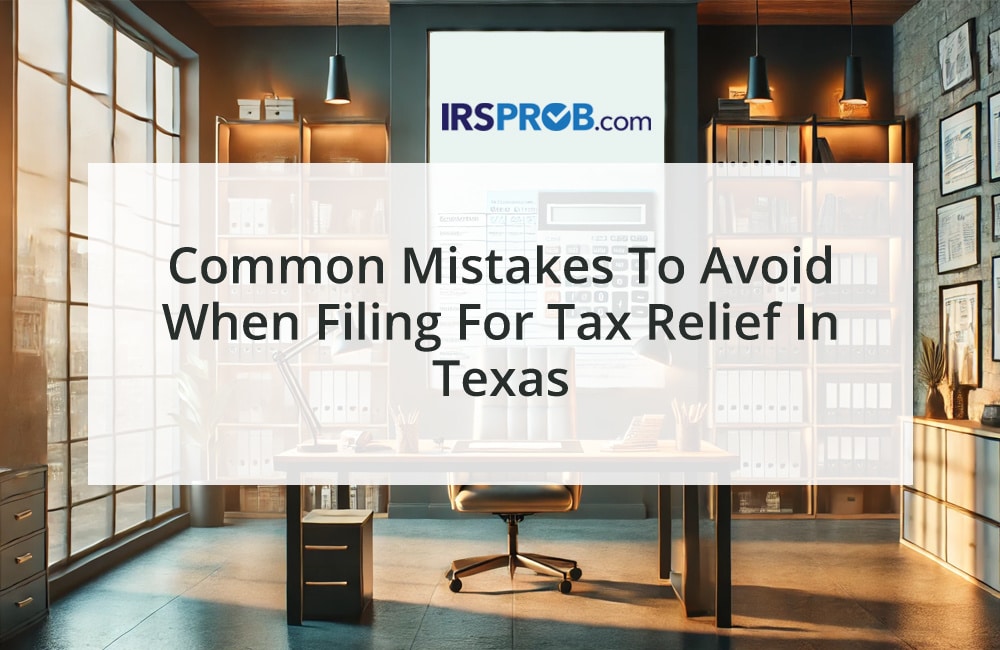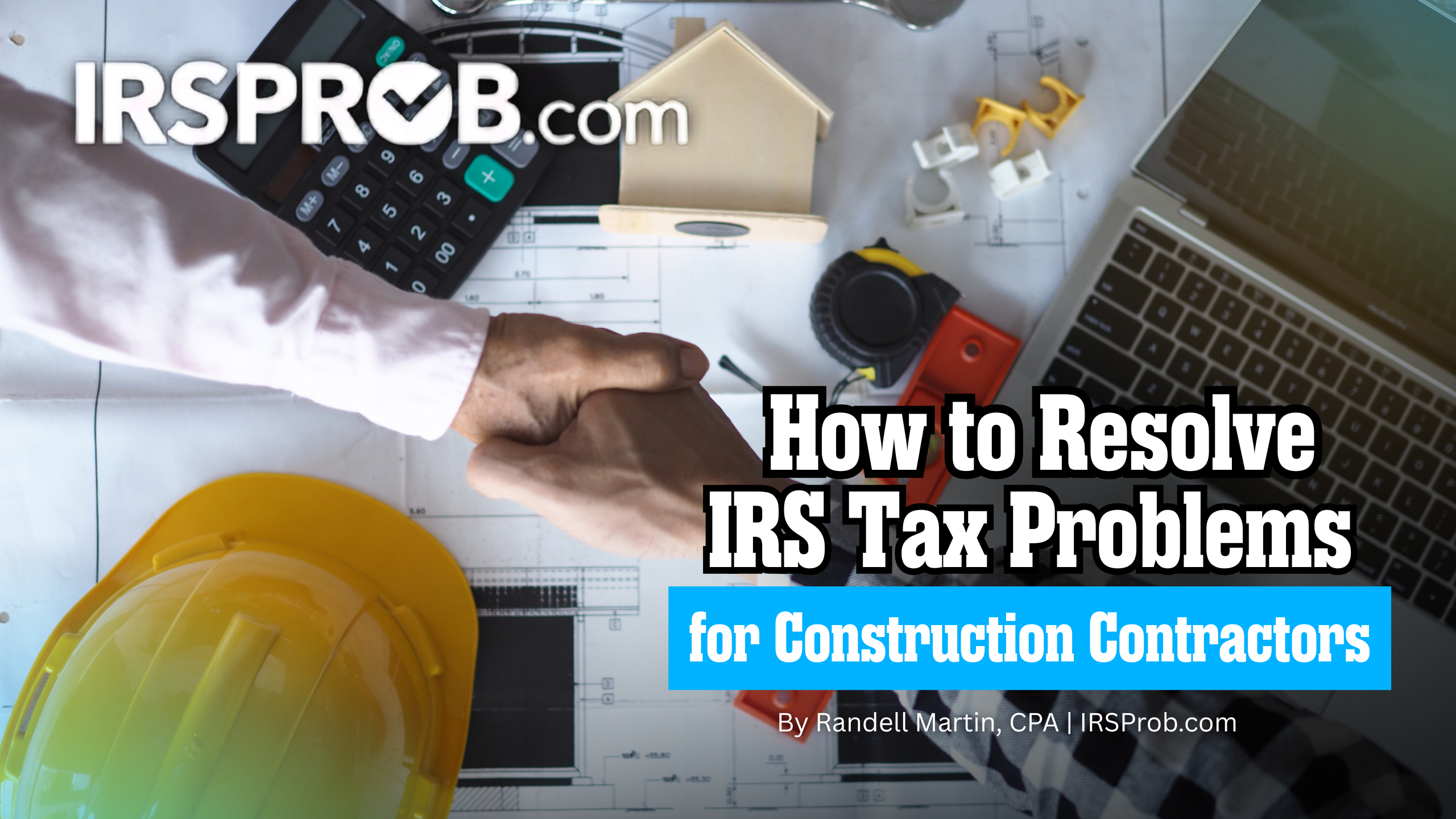
Paying Off the Entire Debt

Installment Agreements (IA)
Partial Payment Installment Agreement (PPIA)
If your debt is too large to manage—even over 72 months—a Partial Payment Installment Agreement (PPIA) might be appropriate.
Pros:
- Monthly payments are based on what you can actually afford.
- IRS collections are paused while the agreement is active.
- You may end up paying significantly less over the life of the agreement.
Cons:
- Requires complete financial disclosure.
- IRS may request updates if your financial situation improves.
- Payments may be adjusted or the agreement may be revoked.
Navigating a PPIA successfully requires precision, strategy, and professional guidance to avoid oversharing or missteps that could backfire.
Currently Not Collectible (CNC)
Offer in Compromise (OIC)
Trust the Experts
Independent adjusters are used to assessing damage and managing high-stakes situations. But dealing with the IRS is a different beast entirely.
Whether you’re behind on filings, fielding collection notices, or unsure how to fix a growing tax problem, a tax professional can help you protect your income, assets, and peace of mind.
Tax relief is a process—but with the right guide, it’s one you can navigate successfully.
About the Author
Randell Martin, CPA, is the founder of IRSProb.com, a national tax resolution firm that helps independent professionals—including insurance adjusters—navigate IRS issues, reduce tax liabilities, and find long-term solutions. With more than 25 years of experience, Randell specializes in audits, collection relief, and complex tax strategy.
He’s helped adjusters from storm zones to wildfire claims keep their businesses afloat and their books clean. When not untangling IRS problems, he’s watching Texas football or explaining to clients why a drone camera isn’t a deductible expense—unless it’s used exclusively for claims (and no, your vacation footage doesn’t count).








